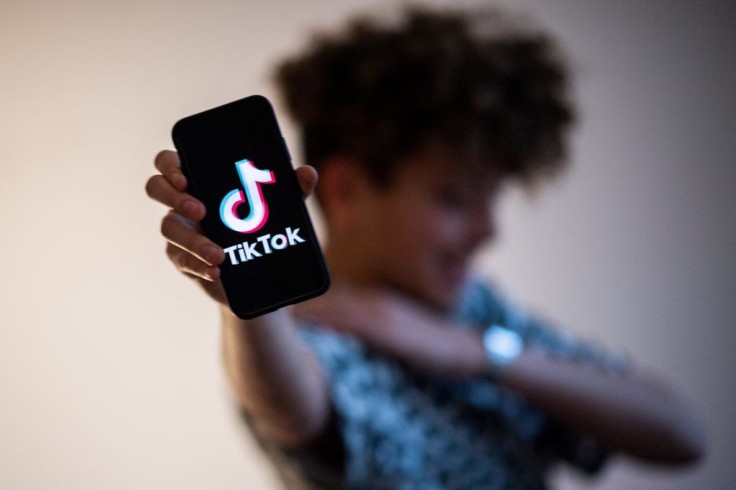
Tennessee is suing social media companies for the lack of protection and the mental health problems they are causing school-aged children.
Taking a significant stride, the Clarksville-Montgomery County School System (CMCSS) has initiated legal action against prominent social media platforms such as TikTok, Facebook, and YouTube by filing a lawsuit.
The legal action aims to address the damages caused and the growing mental health crisis among students due to the unregulated use of these platforms.
CMCSS, the seventh-largest school district in Tennessee, is seeking accountability and changes in how social media giants interact with children to protect their well-being and foster a safer online environment.
Tennessee Sees This as a Battle for Student Mental Health
The Leaf Chronicle reported that the lawsuit, spearheaded by CMCSS, highlights the concerning rise in mental health issues, threats of school violence, cyberbullying, and exposure to inappropriate content experienced by students in recent years.
Jean Luna-Vedder, the Director of CMCSS, emphasized the urgent need for cooperation and support from social media companies to effectively combat these challenges.
Without actionable accountability, tools, and resources to protect children, the school system has faced an uphill battle in safeguarding students, schools, and society as a whole.
CMCSS has enlisted the services of Tennessee law firm Lewis Thomason and California-based Frantz Law Group to represent them in the lawsuit.
The legal action seeks to hold social media companies accountable for their role in the students' mental health crisis.
Attorney Chris McCarty of the Lewis Thomason law firm stressed the disruptive impact of social media on schools, resulting in increased costs, safety concerns, and overall disruptions.
The lawsuit aims to bring about marked changes in the way these tech giants interact with children, ensuring greater protections and responsible practices.
Alarming Social Media Trends and Negligent Practices
According to The Daily Wire, the lawsuit identifies several alarming trends that have affected students, including dangerous challenges such as the "Blackout Challenge," which encourages minors to engage in self-strangulation, and the proliferation of self-harm content related to suicide, self-injury, and eating disorders.
The legal action alleges that social media companies knowingly allow harmful content to circulate through their platforms due to "malicious" algorithms.
CMCSS joins over 40 school districts across the United States that have filed similar lawsuits, citing the intentional harm caused to children by these platforms.
Earlier this year, the Seattle Public School District filed a comprehensive lawsuit against Facebook, TikTok, Google, Snapchat, and YouTube, arguing that these platforms have created a public nuisance affecting the district.
The lawsuit accused social media companies of promoting dangerous practices such as the "corpse bride" diet, severe caloric restriction, and other harmful content that exacerbates anxiety, cyberbullying, and suicide among youth.
The Surgeon General's Advisory and Social Media Response
Furthermore, according to The Guardian, the U.S. Surgeon General, Dr. Vivek Murthy, issued a warning about the significant risks to children's and teenagers' mental health posed by social media use, calling for immediate action from policymakers, tech companies, and parents to protect youth in the midst of a concerning mental health crisis.
With up to 95% of American teenagers using social media platforms, and a third admitting to near-constant use, the surgeon general's advisory highlights the need for urgent intervention.
The White House also acknowledges the unprecedented youth mental health crisis, citing social media as a contributing factor to the nearly 30% increase in depression and anxiety among children and adolescents in recent years.
In response to the lawsuit and growing concerns, social media companies have highlighted their efforts to promote safety measures.
These tools include parental control features, age verification technology, automatic privacy settings for younger users, and content moderation systems to identify and remove harmful content related to self-harm and eating disorders.